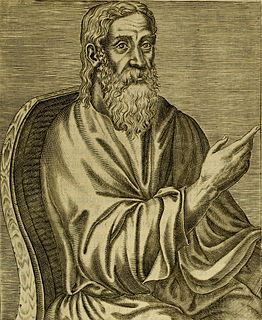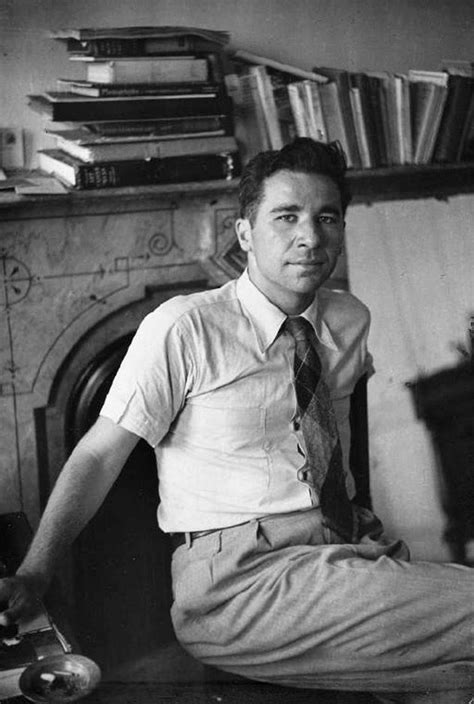A Quote by Rebecca Goldstein
Plato dramatically puts the detachment of the philosopher from his time this way: to philosophize is to prepare to die.
Quote Topics
Related Quotes
Plato assumes somehow that government is a way in which you put unselfish and ungreedy men in charge of selfish and greedy men. But government is an institution whereby the people who have the greatest drive to get power over their fellow men, get in a position of controlling them. Look at the record of government. Where are these philosopher kings that Plato supposedly was trying to develop?
Of this I am certain, that no one has ever died who was not destined to die some time. Now the end of life puts the longest life on a par with the shortest... And of what consequence is it what kind of death puts an end to life, since he who has died once is not forced to go through the same ordeal a second time? They, then, who are destined to die, need not be careful to inquire what death they are to die, but into what place death will usher them.
Through Plato, Aristotle came to believe in God; but Plato never attempted to prove His reality. Aristotle had to do so. Plato contemplated Him; Aristotle produced arguments to demonstrate Him. Plato never defined Him; but Aristotle thought God through logically, and concluded with entire satisfaction to himself that He was the Unmoved Mover.
Indifference looks like detachment, but it is not; indifference is simply no interest. Detachment is not absence of interest - detachment is absolute interest, tremendous interest, but still with the capacity of non-clinging. Enjoy the moment while it is there and when the moment starts disappearing, as everything is bound to disappear, let it go. That is detachment.
The way, applicable in our non-revolutionary societies, to prepare for the time when everyone will read, is to pose problems in the most radical and intransigent manner. This is what Alain Badiou has just done in Almagestes, where he puts language on trial with an intention
of cleansing, of catharsis.






































